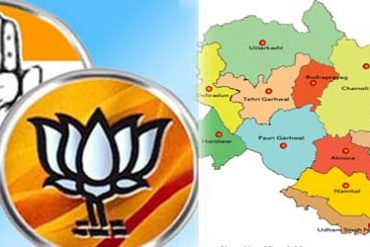Shimla: ‘Despite the disastrous consequences of the caste system on Indian society its abolition is no more on the agenda of contemporary India’ is how Bhalchandra Mungekar, president IIAS put the question before scholars assembled here to debate the dynamics of caste system in Indian society.
About 50 scholars, 12 of them from overseas, are participating in the 3 day conference at Indian Institute of Advanced Study (IIAS) which got underway on Wednesday.
In his inaugural address, Mungekar said that despite the lofty ideals of Islam and Christianity elsewhere, in India they converged towards Hinduism when the low caste Hindus who converted to these religions took along with them their original caste.
Referring to BR Ambedkar, he said that caste system had created an order of ascending scale of reverence and descending scale of contempt.
Caste hierarchy has very much got ingrained in the economic and political system and cultural arrangement of the country, he argued.
Post independence, acceptance of liberal, democratic and secular constitution formally de-recognized all sort of hierarchies and paved the way for ushering in equality as the overriding governing principle of Indian society.
Despite implementation of Protection of Civil Rights Act in 1955, Prevention of Atrocities against SCs and STs in 1989 and other measures to improve their socio-economic lot, SCs & STs remain vulnerable.
Pointing out the different types of violence that they face, Mungekar who is also an MP said “it was a travesty of culture that notions of purity and pollution and those of hierarchies become irrelevant from the point of upper caste men who rape SC/ST women.
Of the total 168,000 crimes against SCs in the country in 1997-2002, there were 5641 instances of rapes against SC women.
The order of Khap, the caste panchayat of communities, for cold blood killing of young couples for committing the crime of loving one’s partner from the other caste seeks to demolish the law of the land.
Regarding convictions in atrocities cases against SCs and STs, he said the of the 124,000 cases in court in 2008, 24,000 were disposed off and convictions were negligible.
Citing decadal studies done in Maharashtra since 1958, Sukhadeo Thorat said that it had emerged that in public spheres, untouchables in rural India had gained access restaurants, places of drinking water and place of worship but faced discriminatory treatment.
Milder differential treatment was faced by SCs and STs in accessing government agencies like fair price shops, police station, polling booths, public transport and health centers.
In private spheres, traditional caste relations prevail in greater magnitude,†said Thorat.
As Editor, Ravinder Makhaik leads the team of media professionals at Hill Post.
In a career spanning over two decades through all formats of journalism in Electronic, Print and Online Media, he brings with him enough experience to steer this platform. He lives in Shimla.




I think this is more politics than research. A common sense says that no rapist will leave a woman just because she came from a so called higher cast. No man rapes a woman only because she came from a so called lower cast. Connecting these issues is weird. I bet if we take out castes of all criminal rapists, people from so called lower castes would fare proportionally high. Not because of their caste, but because there are more poor amongst them and hence more criminals. Mungekar and others should do some constructive research, rather than creating political lines.